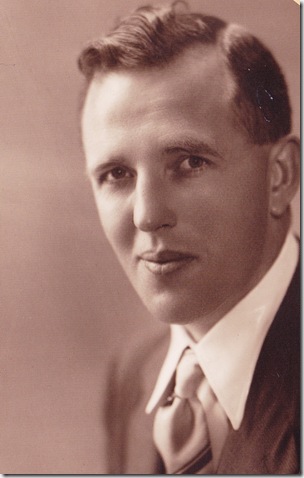It’s an odd thing, really. I have spent more of my life outside Armidale than living in the city. Further, in inclination and writing, I think of myself as a New Englander rather than Armidale person. By New England, I mean not just the Tablelands, but the broader New State New England that formed part of the core of my early life.
And yet, despite all this, I keep coming back to Armidale, sometimes to live, more often to visit. Even now living in Sydney with so many of my family and the people I knew dead, receded into an often forgotten past, the links remain.
One of the advantages of leaving and coming back in the way I do is that you get a picture of the ever changing city, of the pattern of its life, in a way often concealed to those who live there or who rarely return. To the first, what’s relevant is Armidale as it is now. To the second, what’s relevant is Armidale of their particular past that now survives frozen in their minds, perfectly preserved.
I first met Michael Sharkey and his fellow Armidale poets when I returned to Armidale in 1981 to do some post graduate studies in history. I already knew writers such as Gwen Kelly, but they were generally older than me, more friends of my parents or of children I knew.
Michael and I shared certain common views. Like me, he believed that existing systems discriminated against Armidale and the North. My views were based on my history, politics and my experiences as a public servant. His views and those of others in the Armidale poets were based on their experiences as poets.
To Michael’s mind, the metro based intellectual elites (my wording) were biased in favour of their own. They controlled the funding, the book distribution systems, the main poetry reviews, the main small magazines. They went with what they knew. Those outside the system found it harder to be published, to get funding or recognition. Standards were only partially relevant, access was all.
The remarkable thing about Armidale and the broader New England is that so many of us fought back. In the case of the Armidale poets, they established their own small presses to bring each other’s work to a wider audience.
The critical year was 1979.
In 1975, a group of far flung University of New England external literature students led by Tony Bennett established the Kadoorair Poetry Society. In 1979, Tony and others joined to establish the Kardoorair Press as an outlet for the Society and for writers based on the Northern Tablelands or with an affiliation with the region. In that same year, Michael joined with Winifred Belmont to establish Fat Possum Press.
Tony, Michael and others including Julian Croft joined in the promotion of poetry. Apart from adding to the texture of Armidale life, the result was a poetic flowering that is part of the story of our city.
Note to readers: This post appeared as a column in the Armidale Express Extra on 20 March 2013. I am repeating the columns here with a lag because the columns are not on line outside subscription. You can see all the Belshaw World and History Revisited columns by clicking here for 2009, here for 2010, here for 2011, here for 2012, here for 2013










